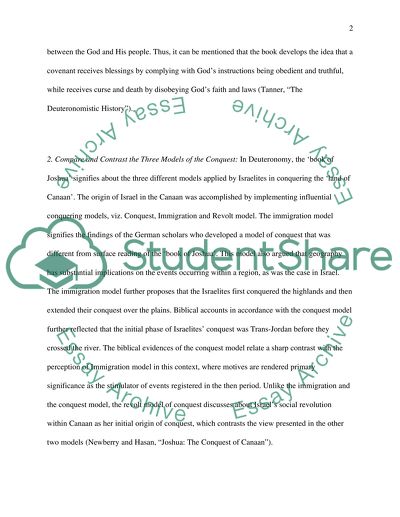Cite this document
(“The Promised Land Essay Example | Topics and Well Written Essays - 1500 words”, n.d.)
Retrieved de https://studentshare.org/religion-and-theology/1486405-the-promised-land
Retrieved de https://studentshare.org/religion-and-theology/1486405-the-promised-land
(The Promised Land Essay Example | Topics and Well Written Essays - 1500 Words)
https://studentshare.org/religion-and-theology/1486405-the-promised-land.
https://studentshare.org/religion-and-theology/1486405-the-promised-land.
“The Promised Land Essay Example | Topics and Well Written Essays - 1500 Words”, n.d. https://studentshare.org/religion-and-theology/1486405-the-promised-land.


